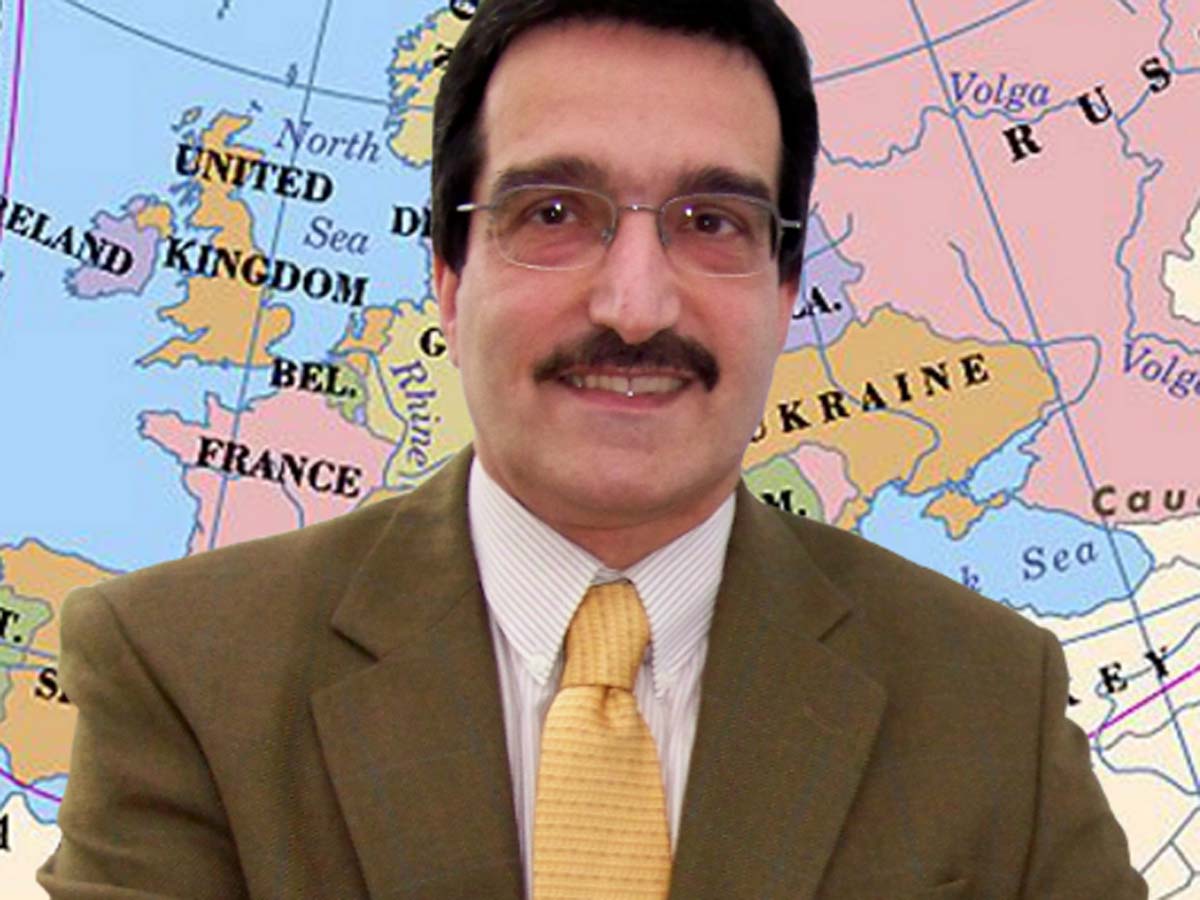IPC Will Spur Growth, Seen as Hedge Against Sanctions

EghtesadOnline: A senior Iranian economist says Iran's new oil contracts will help the country expand its footprint on the global energy map and work as a bulwark against international sanctions that can be snapped back.
"We should look at the new contracts as a transitional phase -- from selling heavy crude to exporting products with higher value added. Iran Petroleum Contract will enhance our technical capability and create many jobs," Mehrdad Emadi, a senior economist at the Betamatrix International Consultancy in London and former advisor to the EU said in an interview with ILNA.
Sealing oil and gas deals with international companies will entrench their interests in the Iranian economy, prompting foreigners to protect their trade ties against possible future sanctions.
"IPC will help turn foreign firms into our envoys in the international community. This will hedge us against potential restrictions because it will be against their interests if sanctions are re-imposed," he said.
Some banking and trade restrictions on Tehran were lifted in mid-January following a landmark agreement between Tehran and the six world powers (five permanent members of the United Nations Security Council plus Germany) in July 2015 on placing time-bound curbs on Iran's nuclear program in exchange for sanctions relief.
"We lost our bargaining power and foothold over the years. But IPC has spurred the oil majors into competition for investment in our industry."
Emadi also took stock of some details of IPC that is aimed to be a more attractive alternative to the past buyback contracts that were the main contractual framework in key Iranian energy projects for almost two decades.
"The biggest difference between IPC and buyback is that the latter is largely focused on developing the upstream exploration and production sector while offering little long-term incentives to expand the downstream (refining and marketing) sector," said the analyst who is seen as an expert on Iran's economic developments.
IPC offers a substantial reward for high-risk projects. Unlike the short expiry of the buybacks, IPC will offer extended contract duration of 20-25 years, allowing for much longer cost recovery after first production. This would allow foreign companies a greater level of certainty and incentive to invest large sums.
Emadi recalled that OPEC members Saudi Arabia and Venezuela—the latter grappling with an unprecedented economic crisis — developed most of their oil projects with contracts similar to Iran's buyback model.
Oil is now trading 60% below its peak levels two years ago, having collapsed form $115-per-barrel in mid-2014 to below $50.
Sharing Risks
To encourage investment in dozens of oil and gas projects unveiled last year, the government in Tehran will cover most capital expenditures in the early stages of collaboration with the multinationals, Emadi said, arguing that the risks will be split once production begins at the oil/gas fields.
Based on terms and conditions of the new contracts, foreign oil and gas firms will face hefty fines if they decide to unilaterally halt operations or fail to fulfill their commitments, according to Financial Tribune.
Some political opponents of President Hassan Rouhani and his government have turned up the heat on the new model of contracts soon after its first unveiling last year, denouncing IPC as a giveaway of Iran's rich hydrocarbon reserves.
Tehran hopes to clinch two or three important deals under the IPC framework this year as the framework already has the blessing of senior officials and organizations (not necessarily pro-government) over the past several weeks.


